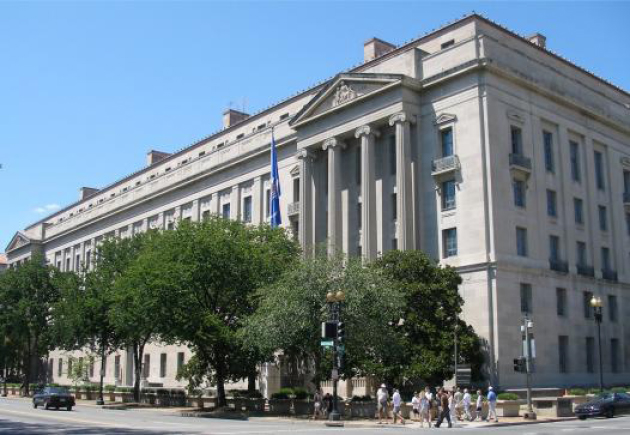WASHINGTON - Describing President Ashraf Ghani’s announcement of ceasefire with the Taliban as “courageous” the White House on Thursday said that the terrorist outfit needs to acknowledge that it cannot achieve its objectives on the battlefield.
“President Ghani’s remarks at the Kabul Process conference combined with today's announcement of the ceasefire initiative demonstrate the Afghan governments willingness to undertake difficult steps toward a political settlement,” Lisa Curtis, the Deputy Assistant to US President and Senior Director for South and Central Asia at National Security Council, White House told a conference organized by the US Institute of peace.
“The onus of responsibility is now on the Taliban to respond positively, so a peace process begins with all sides sitting down at the table,” she said, noting that the United States is ready to participate in the discussion, but it cannot serve as a substitute for the Afghan government and the Afghan people.
Observing that that no one believes that there is a military solution to this conflict, she said that military force plays a role in helping to set conditions for an ultimate peace settlement. “We also believe that the Taliban will have to accept that they cannot achieve their own objectives on the battlefield,” Curtis said.
“Of course, we recognize the scope of the challenge with which we are faced. One positive point that we can look at today is the consensus within the Afghan government on the necessity for a peace process. Given the sheer brutality of this conflict and attacks by the Taliban and the Haqqani network, including those that have recently taken place in Kabul, a natural reaction would be to pull back from talking about peace,” she said.
“However, as we saw in today's courageous ceasefire announcement, our Afghan partners are sustaining their focus and pursuing with persistence the goal of a peaceful solution,” Curtis said.
“A political settlement must be negotiated through a process that is Afghan-led and Afghan-owned. Unfortunately, the Taliban spring offensive announcement and wave of heinous attacks, especially those we've seen in Kabul call into question the Taliban's interest in a peace process,” she said.
“The Taliban must understand that it can only achieve its goals at the negotiating table, and let me assure you that the US, for its part, prioritizes the pursuit of a peace process,” she said.
In her remarks, Curtis blamed Pakistan for the continued existence of sanctuaries within its territory. “The fact is that the Afghan Taliban, including the Haqqani network, has enjoyed sanctuary in Pakistan throughout the past 16 years of conflict,” she said.
“We have asked for Pakistan's assistance in facilitating a peace process and we have sought to understand the Pakistan's own core security concerns and ensure that it's interests are taken into account in any peace process,” she said.
“However, we have to be clear that Pakistan's interests are not served by a Taliban resurgence in Afghanistan. Pakistan has a fundamental responsibility to address the use of its territory by these malign actors. One can acknowledge Pakistan's complex security calculus without absolving it about it’s a responsibility to do something about these malign actors,” she added.
“The last line of effort is encouraging better relations between the governments of Afghanistan and Pakistan and we have certainly been encouraged by the reinvigorated dialogue between Kabul and Islamabad that has happened in recent months,” Curtis said.
Noting that regional engagement is central to America’s efforts, she said one must ensure Afghanistan's near and far neighbors all agree that Afghanistan should be stable and peaceful. “This means obtaining buy in from key regional stakeholders through engagements like the Kabul Process conference, the Tashkent, as well as other diplomatic efforts that we're pursuing on a bilateral basis,” she said.
The concluding statement of Kabul Process Conference made clear the international community support for a practical plan for peace and reconciliation. “Our second line of effort focuses on encouraging grassroots peace initiatives. This means working closely with the Afghan government to ensure that there are ways for Taliban fighters who are ready to stop fighting to return to civil society. This does not mean that we attend to recreate earlier efforts that were largely unsuccessful,” she said. (Pajhowk)
Home » Afghanistan » Taliban Cannot Win on the Battlefield: WH
Taliban Cannot Win on the Battlefield: WH

